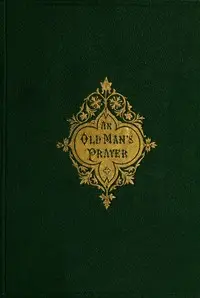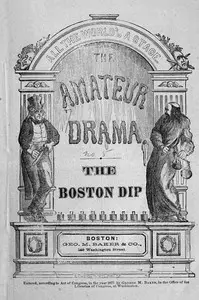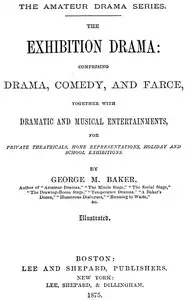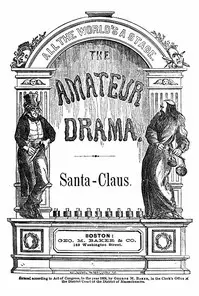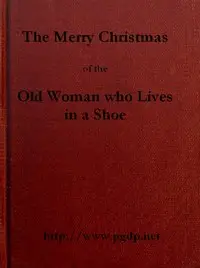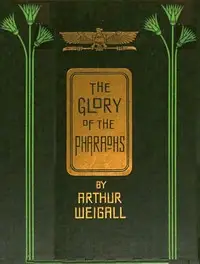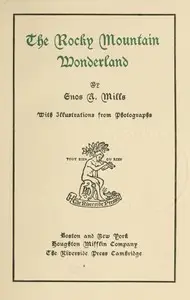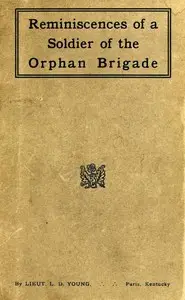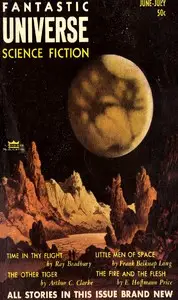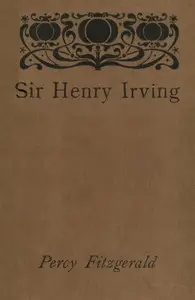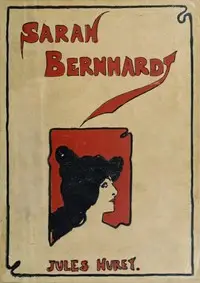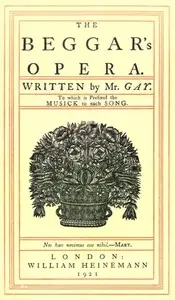"Gentlemen of the Jury: A Farce" by George M. Baker is a comedic play written in the early 1870s. This farce revolves around the absurd deliberations of a jury tasked with reaching a verdict in a case concerning the defendant, Peleg Popgun, accused of attempting to defraud tax authorities through the suspicious activities in his country store. The book humorously explores the quirks and personalities of the jurors, highlighting their comedic exchanges and misunderstandings as they try to navigate their responsibilities. The play opens in a jury room where jurors with eccentric traits engage in a chaotic yet humorous debate over Popgun's guilt or innocence. As deliberations ensue, the characters alternate between earnest discussion and absurd antics, with each juror presenting comically rationalized arguments for their votes of “guilty” or “not guilty.” Amidst the confusion, a character seeks to demonstrate the true nature of the evidence – gunpowder – with a shocking practical test that leads to panic in the room. Ultimately, the jurors reach a verdict through a mixture of farcical reasoning and misunderstandings, culminating in a twist that satirizes both the legal process and human nature. (This is an automatically generated summary.)
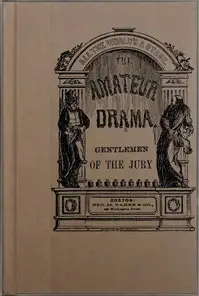
Gentlemen of the Jury: A Farce
By George M. (George Melville) Baker
"Gentlemen of the Jury: A Farce" by George M. Baker is a comedic play written in the early 1870s. This farce revolves around the absurd deliberations ...
George Melville Baker (1832–1890) was a playwright and publisher in Boston, Massachusetts, in the 19th century. He worked for Lee & Shepard publishers, then opened his own imprint. "George M. Baker & Co." issued works by authors such as Henry M. Baker, F.E. Chase, and Herbert Pelham Curtis. Baker's company ceased in 1885, succeeded by his brother's "Walter H. Baker & Co." George Baker also performed with comedian Henry C. Barnabee, appearing in "lyceum entertainments" in New England. He belonged to the Mercantile Library Association. He married Emily Bowles in 1858; children included novelist Emilie Loring, playwright Rachel Baker Gale, and screenwriter Robert Melville Baker.

